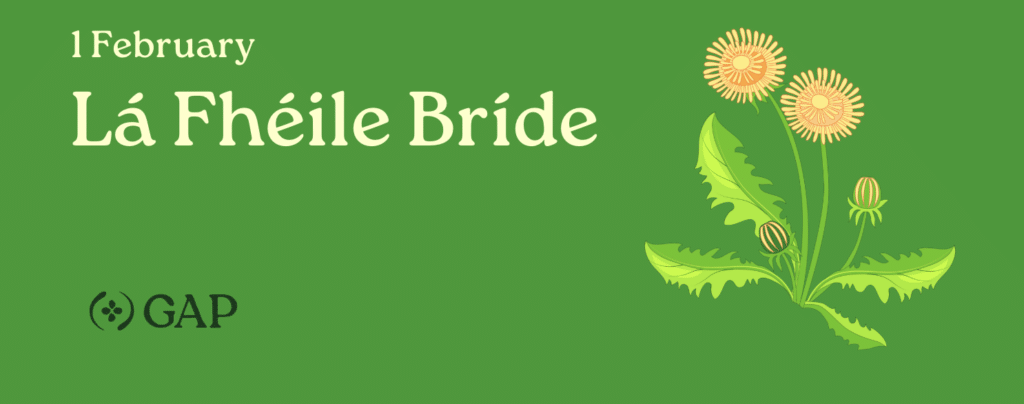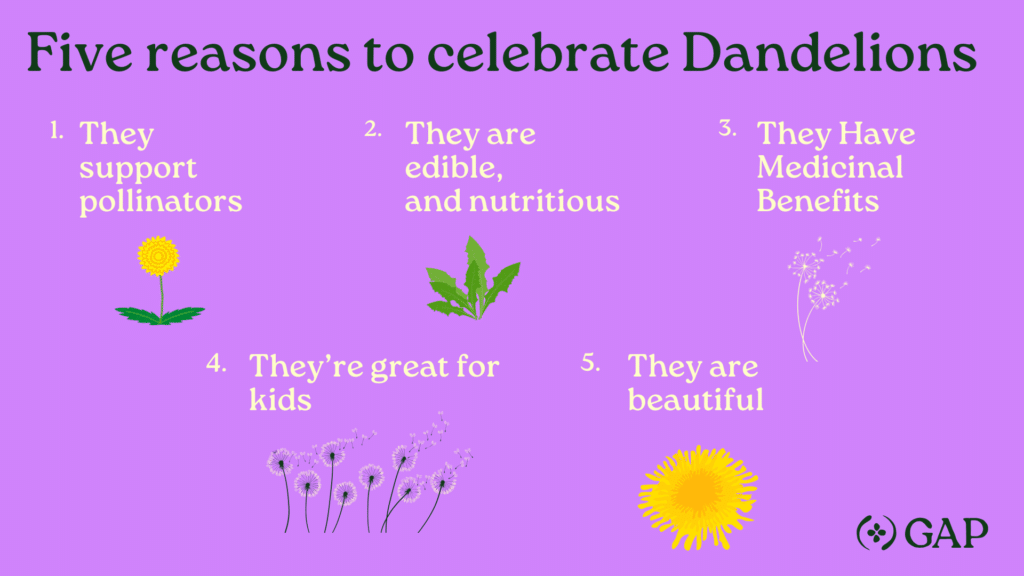1 February is St. Brigid’s Day, or Lá Fhéile Bríde.
In the Celtic tradition, the day marks the beginning of ‘Imbolc’, the ancient festival of Spring, celebrating new beginnings and new life.
In the Christian era, this celebration of the wonder of Spring, when nature (in the Northern Hemisphere) wakes from its winter sleep, became the feast of St. Brigid, patroness of those who have a care for the Earth, for justice and equality, for peace and reconciliation.
More recently, the feast day has also become a celebration of all women, their leadership, creativity and talents, and from 2023 the day has been an official holiday in Ireland.
Compassion, peace and equality
St. Brigid is known, through many stories and legends, for her concern for the poor, her strong and gentle leadership, her skills as an organiser and healer, and her wisdom.
In the stories, legends and poems about her, Brigid emerges as a woman of action. She is often depicted as a peacemaker who intervened in disputes between rival factions and brought healing and reconciliation. She is known to have had an active role in the running of her abbey and church, established in Kildare c.470 on the site now occupied by St Brigid’s Cathedral. As Abbess, she presided over the local Church of Kildare and was leader of a double monastery for men and women.
Carer of the Earth
Brigid of Kildare is the patroness of Ireland. She is said to have been acutely attuned to the seasons and cycles of nature, as was usual in her society of the 5th century AD, where agriculture and the forces of nature were ever-present in people’s lives.
Brigid and her contemporaries would have had great reverence and respect for the land and the forces of nature.
At present, nature is far less threatening to humans. Instead, nature has become fragile and polluted, and instead of bears, wolves or storms, humans now have to fear the damage they themselves have inflicted on nature: barren lands, polluted air, poisoned waters and damaged ecosystems.
At Global Action Plan, we hope that days like St. Brigid’s Day can be occasions when we rediscover our love of our natural environment.
We can use the Day to remember that people and nature do not exist in duality (nature as separate from us, not linked to human activity). On St. Brigid’s Day, we can embrace the idea that humans and their environment are interconnected in a deeply woven singularity – a complex web of mutual dependencies.
This idea was familiar to Brigid, and it formed a distinct part of Irish pre-Christian, pre-colonial culture. Indeed, the Irish expression “fite fuaite” (firmly inter-woven, inextricably linked) could be our reference.


